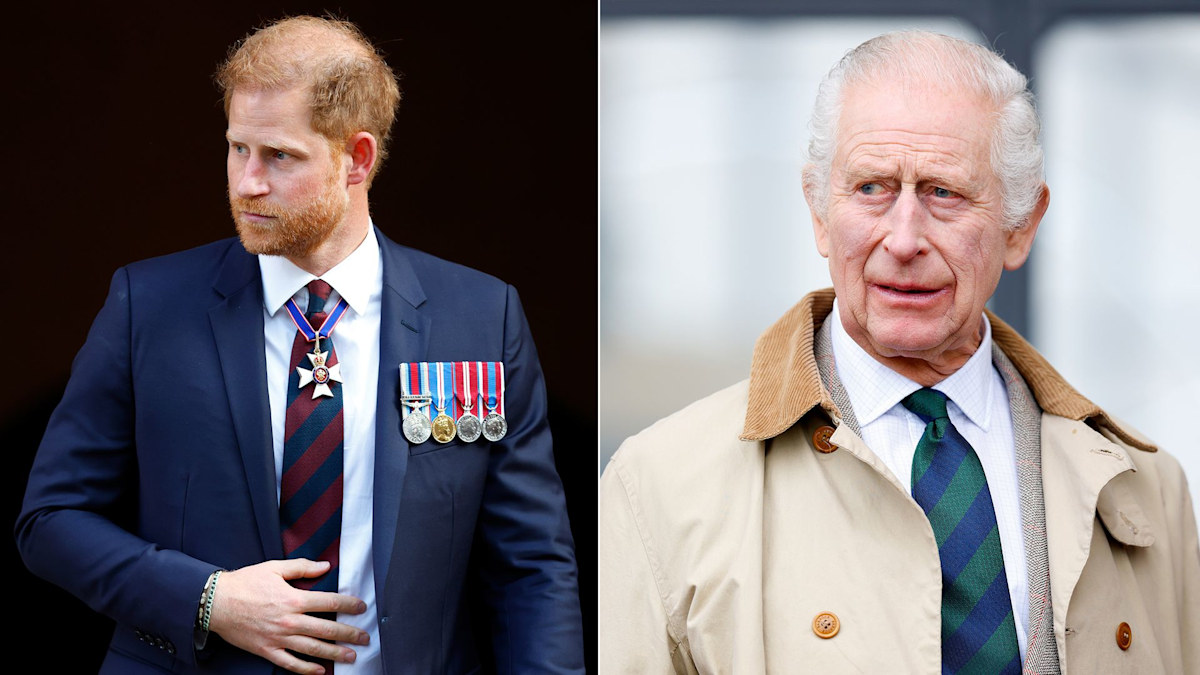The relationship between King Charles III and Prince Andrew has taken a significant turn for the worse, marked by a dramatic financial split that speaks volumes about their ongoing tensions.
In an updated biography titled Charles III, New King.
New Court.
The Inside Story, author Robert Hardman reveals that the King has officially ended Andrew’s annual allowance of £1 million (around $1.3 million USD) and has also stripped him of his substantial private security detail.
This decisive move highlights the deepening rift and intensifies the power struggles surrounding the Duke of York.
This latest development comes on the heels of King Charles’s repeated yet futile attempts to persuade Andrew to leave Royal Lodge, his lavish 30-room home nestled in Windsor Great Park.
Despite the King’s generous offer of Frogmore Cottage—much smaller and previously occupied by Prince Harry and Meghan Markle, which underwent a costly $2.8 million renovation—Andrew has remained obstinate, refusing to budge from his luxurious residence.
This stubbornness seems to have pushed the King to take drastic financial measures to encourage a change.
By cutting off Andrew’s funds, King Charles is effectively forcing his brother to confront the reality of his extravagant lifestyle and the hefty costs associated with his security arrangements.
This maneuver not only signals the King’s frustration but also underscores the serious implications of Andrew’s past associations, particularly his ties to convicted s offender Geoffrey Epstein.
Prince Andrew’s infamous 2019 interview with Newsnight, where he failed to show genuine remorse regarding his friendship with Epstein, led to severe repercussions.
He lost his royal duties, military titles, and the privilege of being addressed as His Royal Highness.
The fallout from this scandal has left his reputation in tatters and strained his relationship with the royal family to breaking point.
While some speculate that the late Queen Elizabeth II might have eventually tackled the issue of Andrew’s position, King Charles’s approach is notably more direct and uncompromising.
The Queen was often seen as lenient towards Andrew, who many considered her favorite child—a narrative explored in the popular series The Crown.
In contrast, Charles appears determined to uphold fiscal responsibility and accountability within the monarchy, showcasing a stark generational shift in dealing with family matters.
Andrew’s claims of having alternative sources of income, possibly linked to his international business dealings, are met with skepticism among royal insiders.
Although he insists these funds can sustain his current lifestyle, many doubt the truthfulness of his assertions.
According to Hardman’s account, the King’s advisers have made it clear that Charles’s patience has its limits.
This financial maneuver by the King can be viewed as a strategic gamble.
While he may not have the legal authority to evict Andrew from Royal Lodge due to the complexities surrounding the property’s lease, he has effectively crippled Andrew’s ability to maintain his opulent lifestyle there.
The financial strain of upkeep, combined with the loss of his security detail, is likely to create pressure on Andrew, potentially forcing him to reconsider his living situation.










